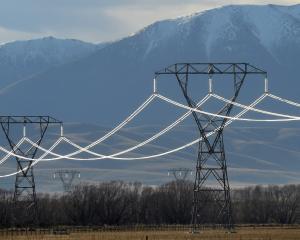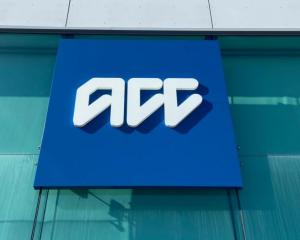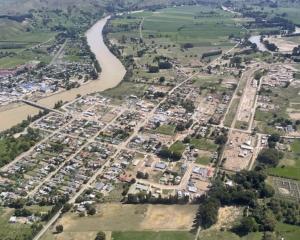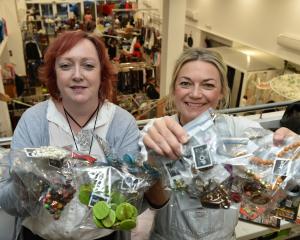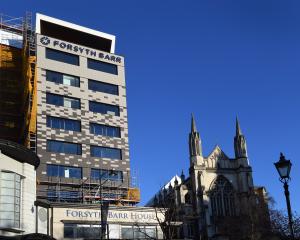Keeping the official cash rate (OCR) unchanged at 3 percent is the only logical response to looming drought conditions in some farming regions, in the context of a precarious international economic situation, farm lobbyists say.
"With Ireland joining Greece in seeking a bailout from the European Central Bank, the international situation is worrying," said Federated Farmers economics spokesman Philip York.
"All eyes are now focused upon Spain and Portugal."
Mr York said New Zealanders had no basis for complacency, in the wake of the Government's announcement of a deficit $1.9 billion worse than forecast, and he questioned why the nation was still borrowing $413 each second of every day - some $250 million a week.
"There is a day of reckoning coming," Mr York warned. Total New Zealand debt had grown by almost a third of gross domestic product (GDP) in the past decade and now stood at 130.2 percent of GDP.
Agriculture exporters could not keep "papering over the cracks in the domestic economy" because farmers had experienced one of the worst springs in living memory.
The Canterbury earthquake had been followed by cold wet weather that slashed lamb numbers, and now a big dry had been brought by the latest La Nina weather pattern.
"Undoubtedly, production will take a big hit and when farmers get a chill, our economy catches the flu," he said. It was questionable farmers could produce to their full potential this season, especially as one third of the national dairy herd was in the Waikato, which was facing dry conditions.
"The Reserve Bank has little option but to remain on hold and stay on hold, well into 2011," said Mr York.
The RBNZ directors will meet on Thursday morning, with some economists predicting the central bank will indicate any further increase in the rate will be some way off.
The central bank is expected to project lower growth for 2011 than it did in the last forecast three months ago.
A number of economists have called for a neutral stance by the bank, in light of a slow economic recovery and further global economic instability dampening business investment and hiring intentions.


